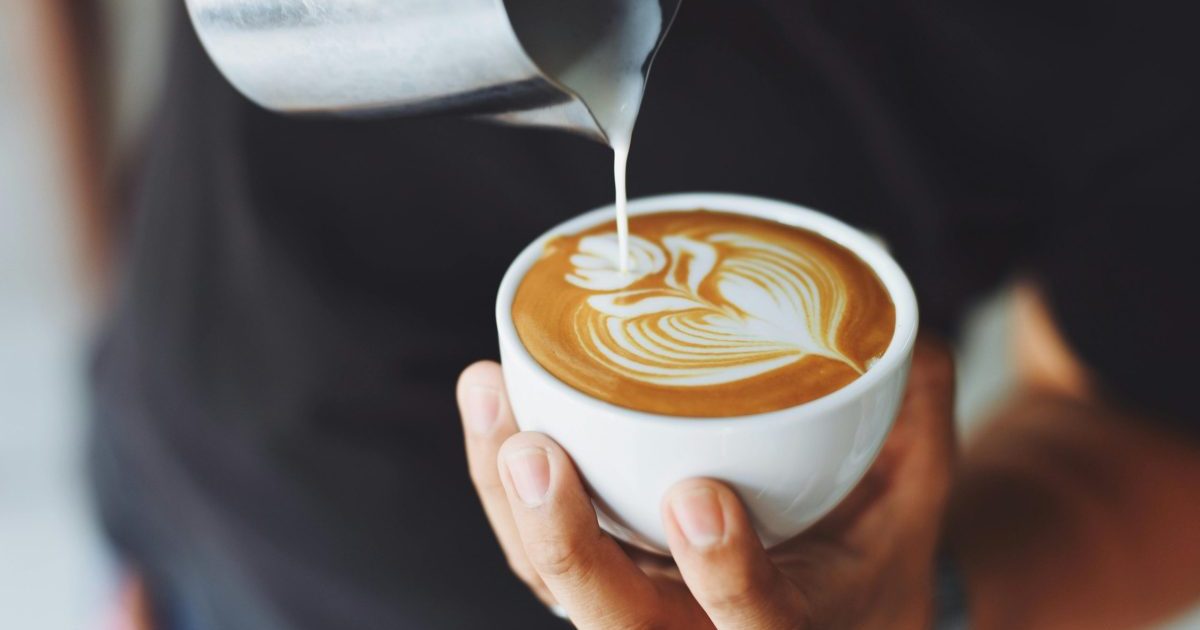
How Caffeine Affects our Mental Health

Coffee is one of the most popular drinks worldwide, and Ireland is no exception. Consumption of coffee in Ireland has risen 17% since 2012, with 45% of Irish people naming it as their favourite hot beverage, making it more popular than tea. In fact, 23% of people in Ireland drink at least 4 cups of coffee a day. Of course, we are what we eat (and drink), and consuming large amounts of coffee will inevitably have an effect on our bodies and minds.
One of the main reasons coffee is so popular is that it improves our alertness and mental performance, at least in the short-term. It also provides a slight mood boost, as caffeine triggers a number of neurotransmitters such as dopamine, which is our bodies’ “reward chemical”, serotonin, which makes us happy, and noradrenaline, which improves our cognitive function and reduces anxiety. In the long run, studies have shown a link between increased coffee consumption and a reduced risk of depression.
However, there are also negative side-effects of drinking coffee that can cause issues in the short-term. The most well-known of these would be disruptions in sleeping patterns. Not only does drinking coffee make it more difficult to fall asleep, but it also increases the likelihood of waking up in the night, and reduces the overall quality of our sleep in general.
However, as stated previously, caffeine increases our levels of alertness, as well as our heart rate. A number of studies have shown that these is a link between caffeine consumption and anxiety. Excessive amounts of caffeine can trigger anxiety in people who would not normally experience it, as well as exacerbate it for those who do. Additionally, people who suddenly reduce or stop their intake of caffeine can experience anxiety as a symptom of withdrawal.
Fortunately, unlike many other substances, the positive and negative effects of coffee tend to be short term, and generally last only as long as a person continues to consume it. While people who drink a lot of coffee may experience withdrawal, this usually lasts less than a week. If you are experiencing any of the issues laid out here, it is worth considering reducing the amount of coffee you drink, if only for a trial period. If the issues persist, it may be time to consider speaking to one of our therapists.